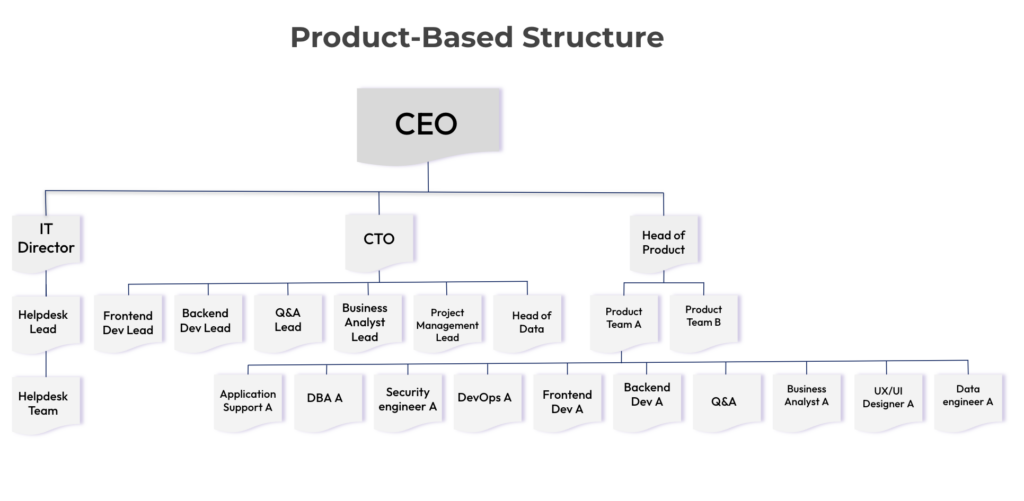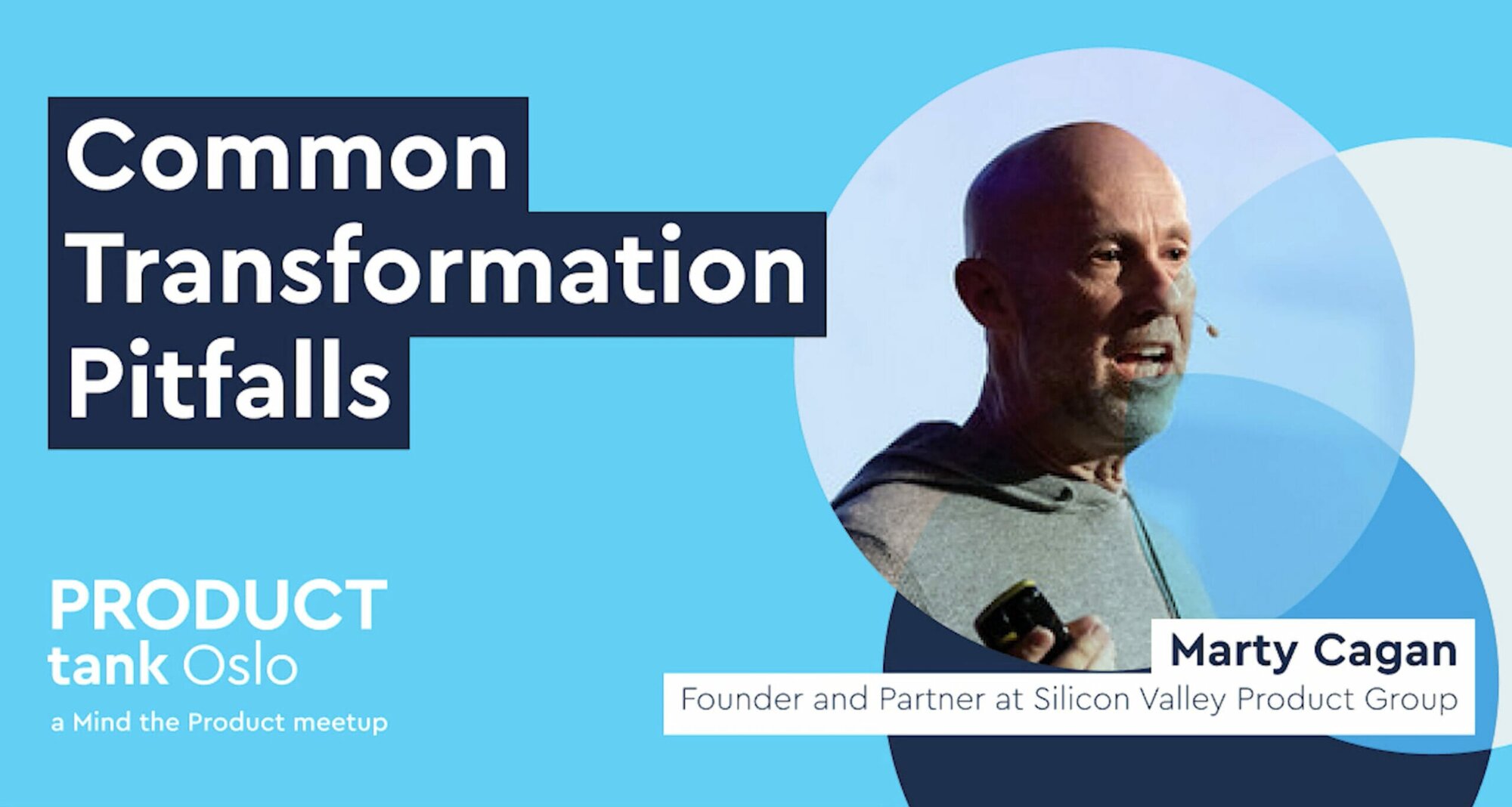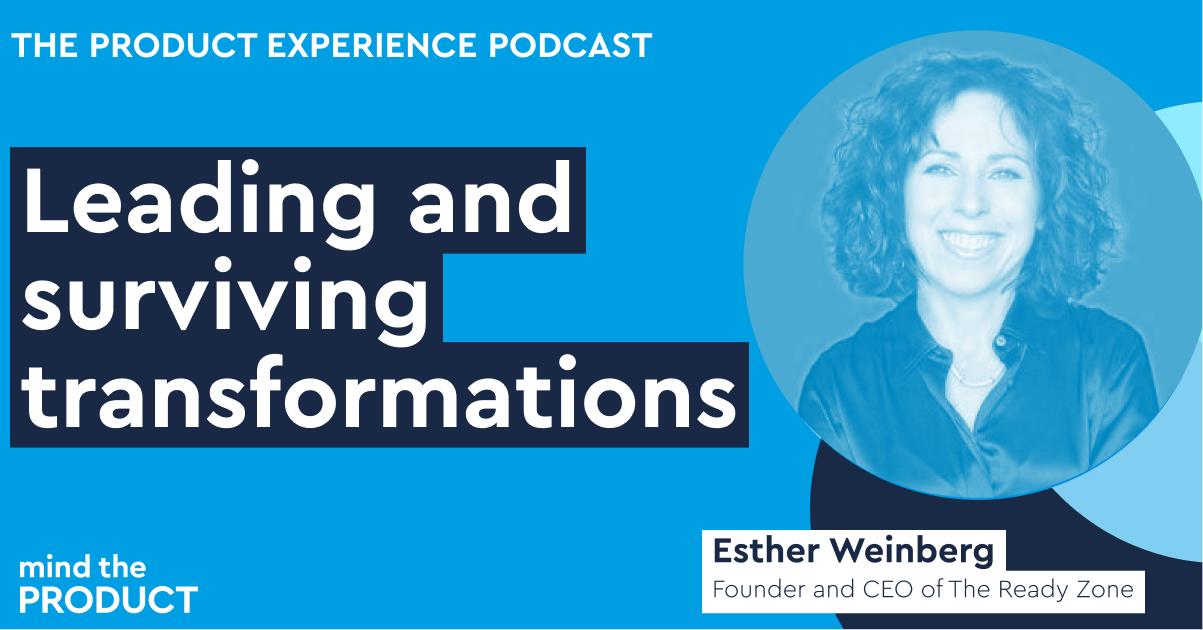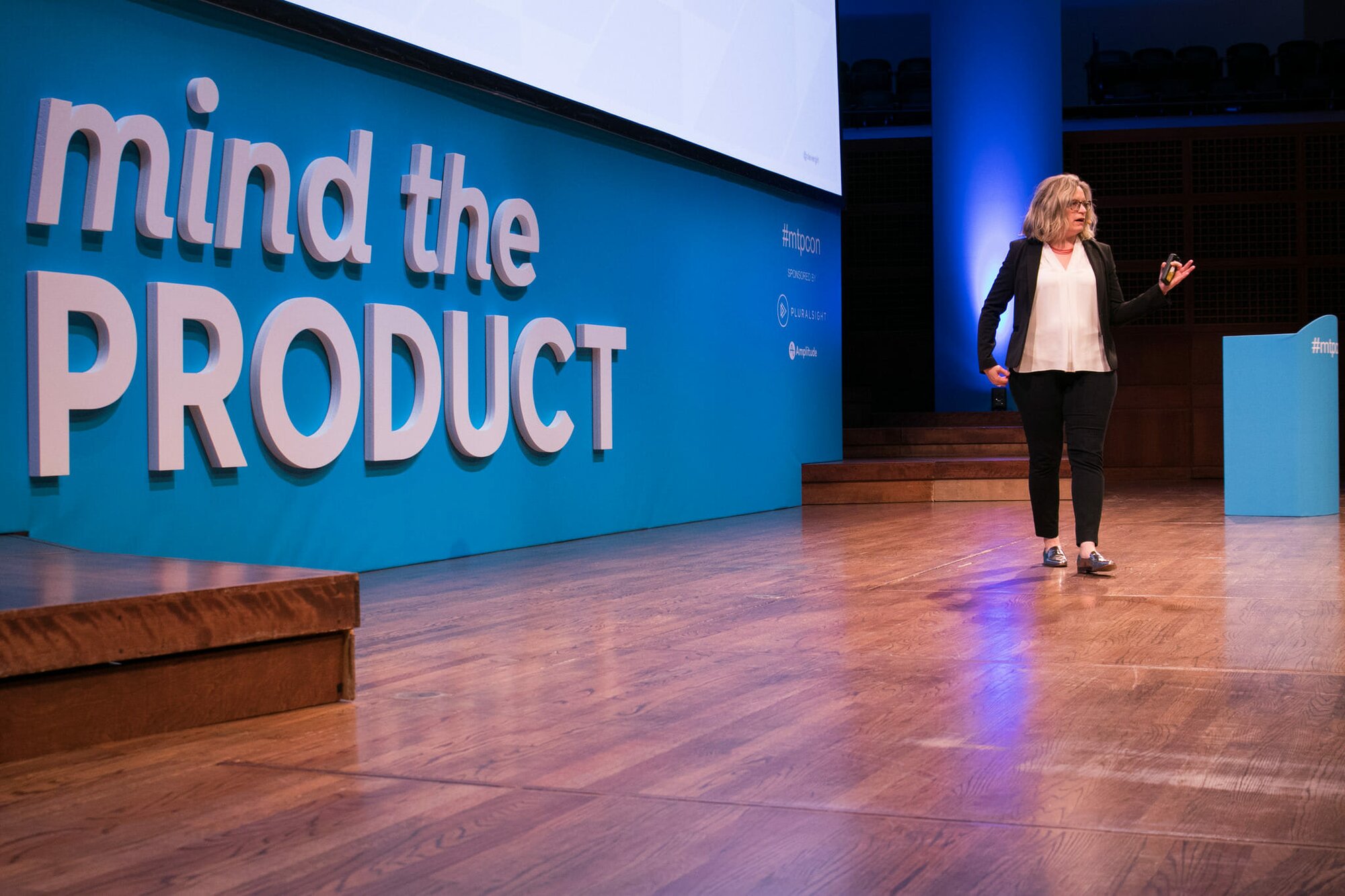In the opening keynote at the Pendomonium+#mtpcon roadshow in London, Jonty Sharples, a renowned product and strategy consultant, delivered an insightful talk on the current state of product management. Here are the key takeaways from his presentation:
The evolution of product management
Jonty began by highlighting the increasing interest in product management over the past 20 years. He drew a vivid analogy between a restaurant kitchen and the product hierarchy, explaining how the clear reporting lines in a kitchen mirror those in product teams. However, he pointed out a crucial difference: while an Executive Chef (akin to a CPO) would likely be adept at making pastry, a product leader might not have a deep understanding of every specific role within their team.
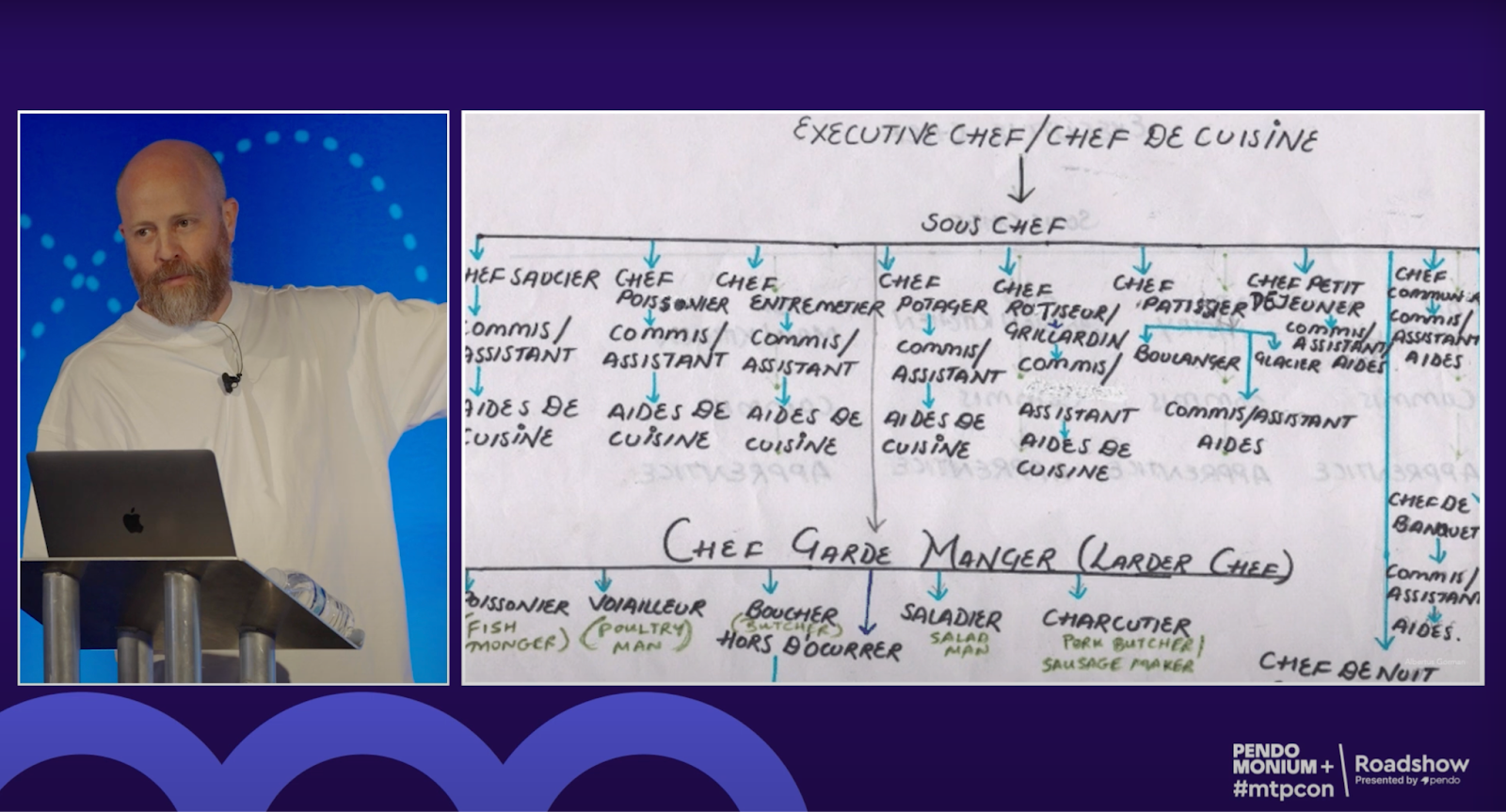
Reflecting on the early stages of technology, Jonty noted that the field was initially driven by a strong set of disciplines constrained by technological limitations. As technology advanced, user expectations for speed and innovation grew.
The once effective Waterfall process and primitive manufacturing methods became outdated as internet accessibility improved.
The dangers of working in siloes
Transitioning his talk to present day, Jonty emphasised the importance of avoiding siloes in product teams. Collaboration and a unified focus are essential for achieving common goals and driving success. He stressed that siloed work environments hinder progress and innovation.
Market disruption and adaptation
Discussing market disruption due to technological advances, Jonty explained how major brands evolve and inspected their operations as they grew. He noted that industry contraction during periods of evolution is not new; it has been happening for centuries.
Every time there is an evolution, we have adapted. New roles and skills are found and learned.
Jonty Sharples
In the midst of disruption, he cautioned against imitating the drastic measures taken by companies like Airbnb and Spotify, urging instead to consider what is appropriate for one’s own organisation.
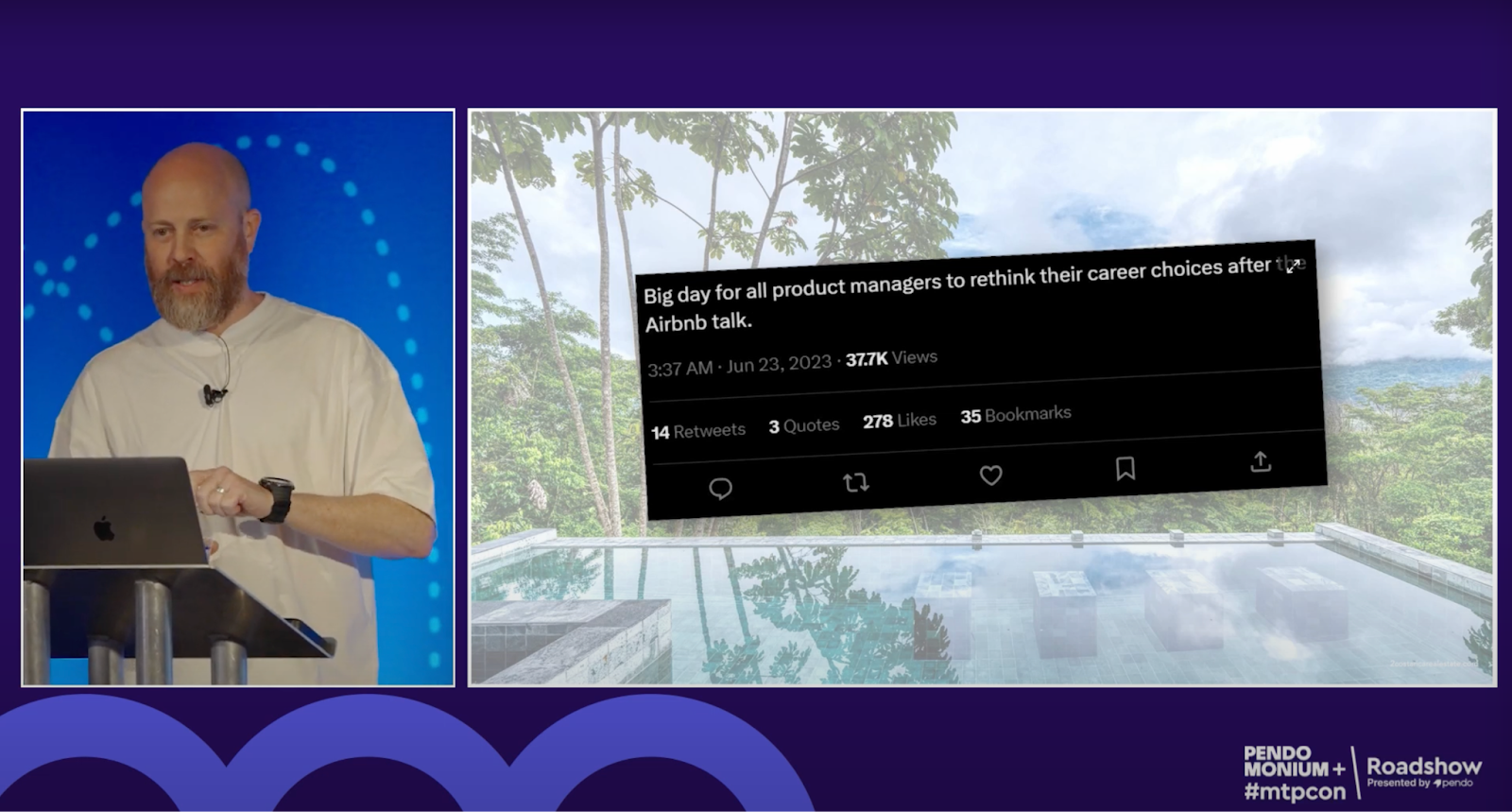
Jonty identified AI as the next major inflexion point in history.
AI will be the next inflexion point in history. We must be aware of this change by questioning it and adapting to it.
Jonty Sharples
Leadership and team building for the future
Jonty praised leaders who actively engage with their teams, noting that such teams tend to thrive. He advised leaders to hire for the future, emphasising the importance of bringing on board individuals with creative thinking and problem-solving abilities. Effective communication, collective problem-solving, and openness are critical to a team’s success.
Looking ahead, Jonty highlighted the importance of ensuring clarity in team roles to achieve success. “If you want teams to stay at your company for more than a year and a half, show them that they have a future career path.” he said.
He advised companies to offer clear career paths to retain talent, urging leaders to think strategically about the skills they are nurturing and the future needs of their organisation.
Jonty closed with a message to product leaders and managers alike.
Address the balance for the people building the future, and also those experiencing it.

